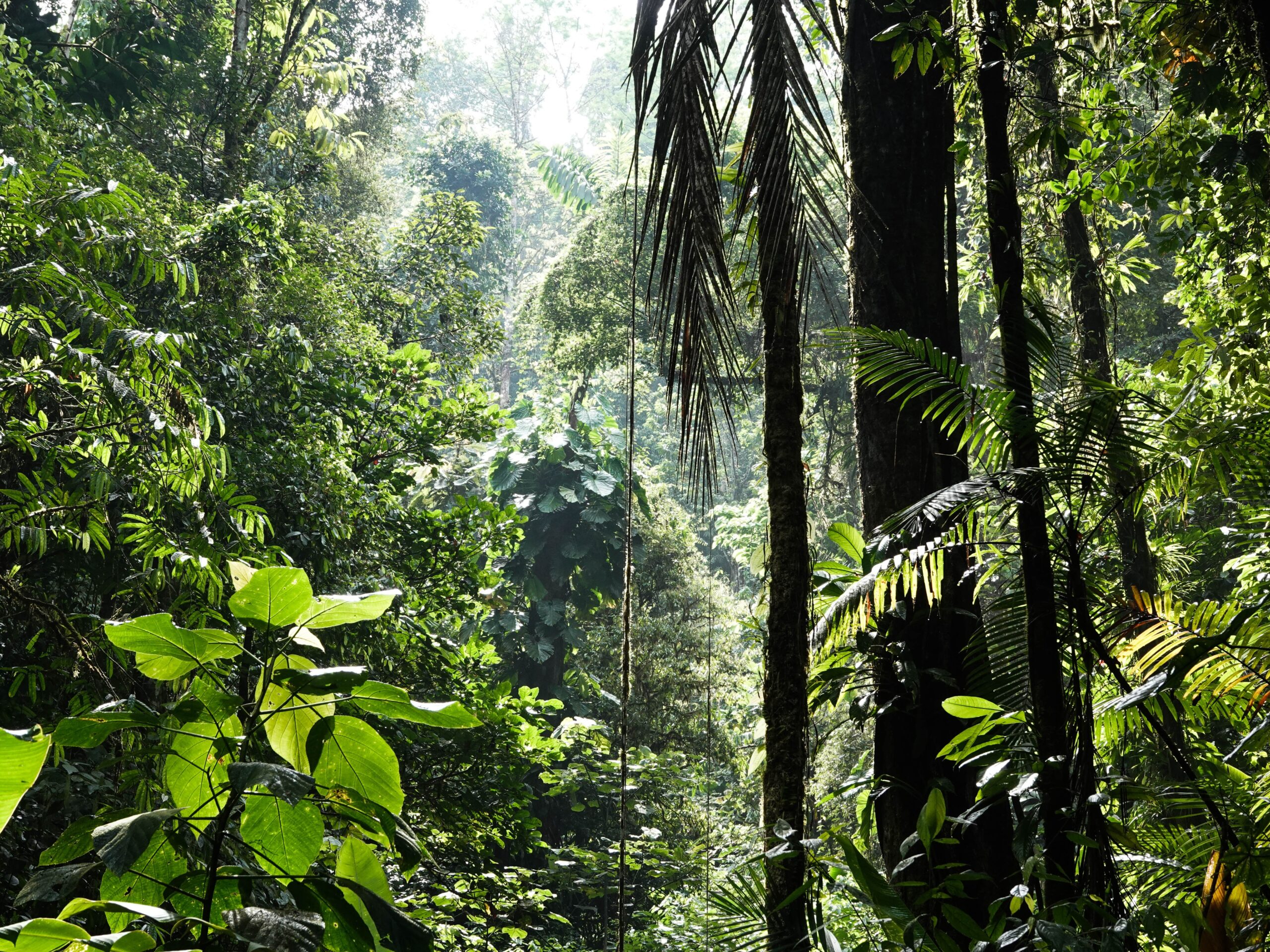
Biodiversity is a critical aspect of our planet’s health and sustainability. It refers to the variety of life on Earth, including plants, animals, and ecosystems. The integrity of forests, grasslands, and marine ecosystems is of utmost importance in maintaining biodiversity.
Forests are often referred to as the lungs of the Earth, as they play a crucial role in absorbing carbon dioxide and releasing oxygen. But their significance goes beyond that. Forests are home to a vast array of plant and animal species, many of which are unique and found nowhere else on the planet. They provide habitats for countless organisms, from insects to mammals, and support intricate food webs.
Grasslands, too, are biodiversity hotspots. These vast open spaces are home to a diverse range of plant and animal species. Many herbivores, such as bison and antelope, rely on grasslands for grazing. Predators, such as lions and cheetahs, depend on the abundance of herbivores for their survival. Grasslands also support a wide variety of bird species, including migratory birds that rely on these habitats for breeding and resting.
Marine ecosystems, including coral reefs, mangroves, and seagrass beds, are incredibly biodiverse. Coral reefs, in particular, are often referred to as the rainforests of the sea. They support an astonishing array of marine life, including fish, crustaceans, and mollusks. Coral reefs also provide essential ecosystem services, such as shoreline protection and carbon sequestration.
These ecosystems are not only important for their intrinsic value but also for the services they provide to humans. Forests, for example, help regulate climate by absorbing carbon dioxide, reducing the impacts of climate change. They also help prevent soil erosion, provide clean air and water, and offer recreational opportunities.
Grasslands, on the other hand, are essential for agriculture and food production. They support livestock grazing and provide fertile soil for crops. They also play a crucial role in water filtration and storage, helping to maintain clean and accessible water sources.
Marine ecosystems are vital for fisheries, providing a source of food and livelihood for millions of people around the world. They also contribute to tourism and recreation, attracting visitors who want to explore the beauty of the underwater world.
However, these ecosystems are under threat. Human activities, such as deforestation, overfishing, and pollution, are putting immense pressure on forests, grasslands, and marine ecosystems. This, in turn, is leading to a loss of biodiversity.
To protect and maintain biodiversity, it is crucial to conserve and restore these ecosystems. Efforts should be made to reduce deforestation and promote sustainable land management practices. Strict regulations and monitoring are needed to prevent overfishing and ensure the sustainable use of marine resources. Additionally, raising awareness about the importance of biodiversity and the need for its conservation is essential.
By recognizing the role that forests, grasslands, and marine ecosystems play in maintaining biodiversity, we can work towards a more sustainable future. Preserving these ecosystems not only benefits the countless species that call them home but also ensures the well-being of future generations.

